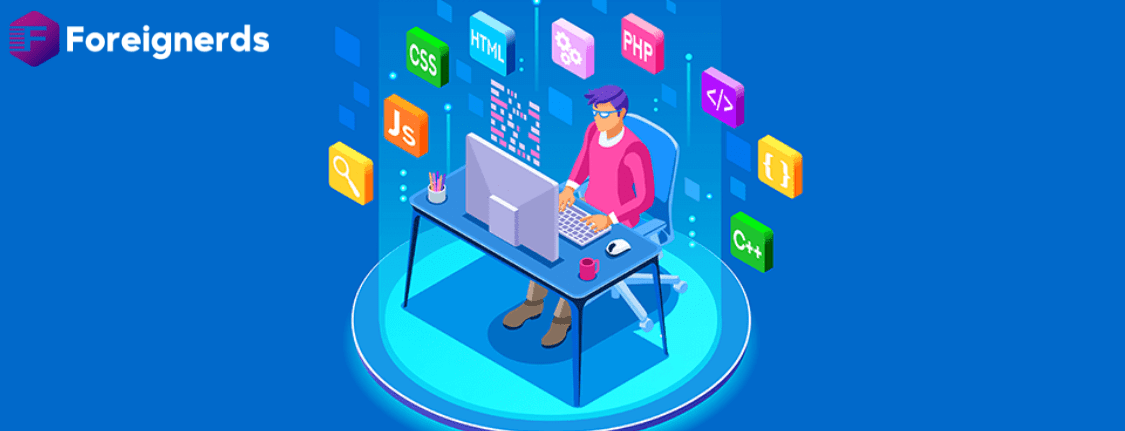- Home
- Uncategorized
- 7 Reasons Why PHP is Best...

Introduction In the contemporary business landscape, the role of websites in reaching global audiences cannot be understated. Establishing a strong online presence has become imperative for businesses seeking growth and competitiveness. One of the crucial steps in crafting a successful website is selecting the right technology partner. Over the past few years, various technologies and methodologies have emerged for website development, but PHP has risen to prominence as the premier choice for web development. In this comprehensive guide, we will delve into the world of PHP, exploring its significance and the reasons behind its widespread adoption in web development.
PHP, which stands for Hypertext Preprocessor, is an open-source and free server-side scripting language. It has gained recognition as a versatile, general-purpose language with a thriving community of developers. PHP primarily focuses on handling the server-side aspects of websites and web applications. This means that PHP code executes on the server, while the client-side receives plain HTML code, rendering it in web browsers.
PHP boasts a broad range of capabilities, including:
PHP is not only powerful but also budget-friendly. As a free server-side language, it can be employed to develop a wide array of web solutions, from websites to eCommerce stores and web applications. The active PHP community ensures that the language remains up-to-date with the latest web development trends, making it a cost-effective and reliable choice.
PHP shines in its compatibility with different operating systems, including Mac, Windows, Linux, and Unix. It seamlessly integrates with MySQL and Apache servers, covering all major platforms. Additionally, PHP is well-suited for cross-platform web applications, ensuring that your web solutions are accessible regardless of the operating system.
Security and scalability are paramount in PHP-based websites and web applications. Its robust encryption capabilities and automatic loading of web apps contribute to its dynamic and flexible nature. PHP surpasses other server-side languages in terms of flexibility and customization, making it adaptable to diverse business needs. Moreover, being open-source, PHP allows developers to use various code editors and libraries to enhance functionality.
PHP offers an extensive array of resources and tools to simplify development:
Several PHP frameworks facilitate rapid web app development, including:
These frameworks often support the Model View Controller (MVC) architecture, streamlining coding and enabling developers to create efficient solutions.
PHP’s flexibility extends to database connectivity, accommodating various databases like MySQL, MongoDB, and PostgreSQL. Although MySQL is the most common choice, PHP’s adaptability allows for the utilization of other databases, making it suitable for diverse application environments.
PHP finds extensive usage in numerous content management systems (CMSs), including:
These CMSs are either written in PHP or powered by PHP-based frameworks, providing a versatile platform for customized website creation.
In conclusion, PHP has firmly established itself as a leading technology for web development across a spectrum of web solutions, from basic websites to complex web applications. As an open-source and free programming language, PHP is cost-effective and accessible for developers of all levels. Whether you aim to build a website or a web application, PHP empowers you with full control over your web solutions. Its robust capabilities, coupled with a vast community of developers, make it an excellent choice for creating feature-rich web applications. With PHP developers readily available, you can hire a PHP developer to craft the ideal website or web app tailored to your specific needs.
By harnessing the power of PHP, modern businesses can propel their online presence to new heights, ensuring growth and competitiveness in the digital era.
© 2013 - 2024 Foreignerds. All Rights Reserved